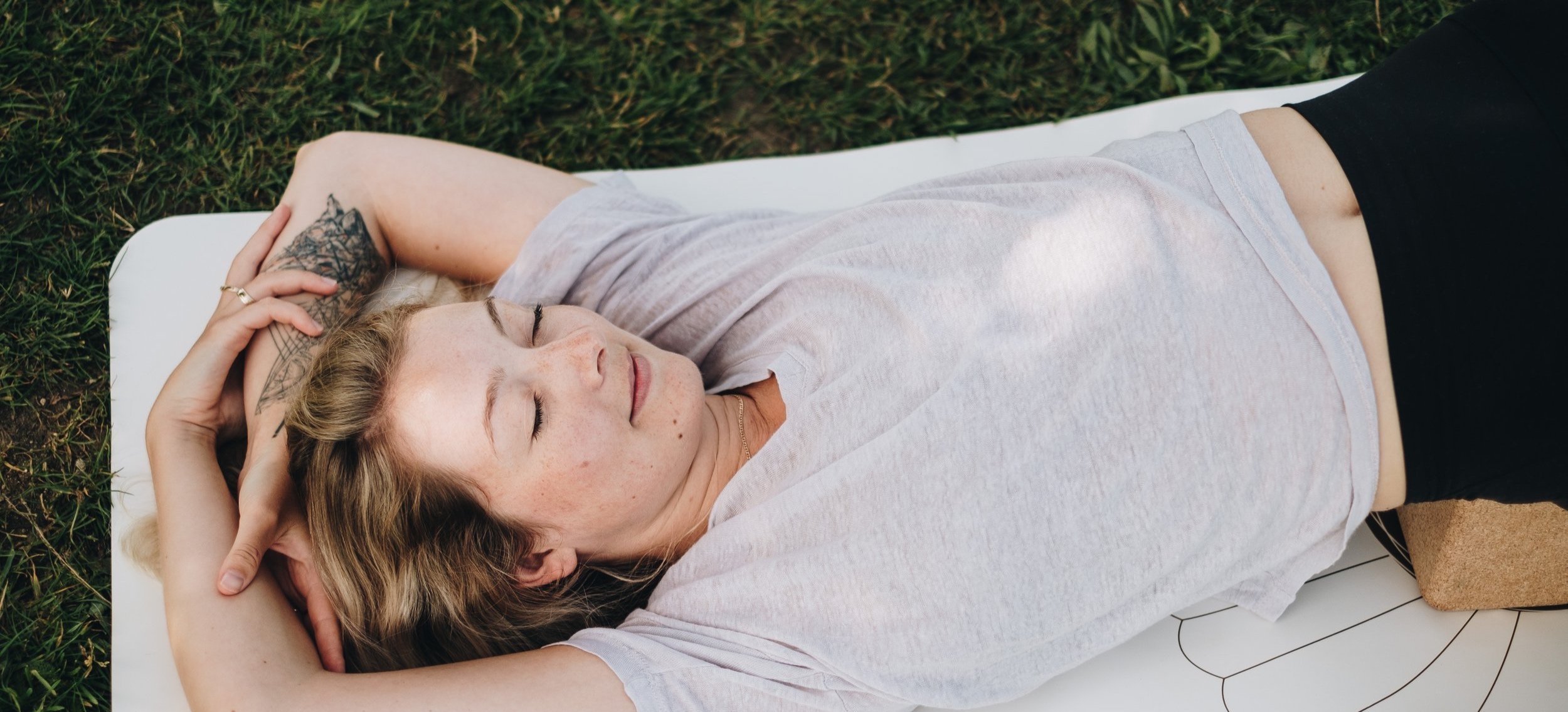Why Yin Yoga practice is getting more and more popular these days?
Yin yoga is a very young practice which seems to be getting more popular over the last few years. In this style, we hold poses for a few minutes each and they are mostly seated or reclined. I remember joining my first Yin yoga class 5 years ago- I had to take a train to Oxford! Now the number of teachers is rising and you can find various quality classes everywhere. I decided to try to find some of the reasons why this practice seems to be more and more popular each year. Why do we need Yin Yoga in our lives now more than ever?
I think we are in a mental health crisis at the moment. It is very rare to meet a person who didn’t experience some form of deterioration of their mental health in the last few years (for which we could blame the pandemic and late-stage capitalism). Meanwhile, mental health services aren’t very accessible to all of us and there is still a lot of stigma around it. One of the biggest and loudly proclaimed benefits of Yin Yoga is that it can help with stress, depression and anxiety. Who doesn’t need help with that sometimes (or most of the time)? It seems like our world is speeding up and joining a Yin Yoga class is like pressing a pause button. It is a practice with a lot of space for reflection and mind-wandering. We might start noticing our thought patterns, which can be useful in creating positive changes in our lives. On top of that, we are away from screens and devices (unless it’s an online class), which can have a very soothing effect on our nervous system. It is also a financially accessible practice (if you look at the price of a group class or even free videos on Youtube) and inclusive for most people (of various body types, ages, disabilities, and neurodiversity). I don’t say we shouldn’t look for help elsewhere (I am a strong enthusiast of therapy and I understand that sometimes we might need medication to stabilise the chemistry in our brain) but I believe Yin Yoga can be a good addition to taking care of our mental wellbeing. There is actually a study on how Yin Yoga helps with anxiety more than aerobic exercise. I usually finish all of my classes with a few longer-held stretches to help down-regulate my student’s nervous systems. Recently I started teaching teenagers and surprisingly all they want to do is Yin Yoga and Relaxation. It makes me happy that they see how slowing down can help them feel better. If we all had access to this practice growing up, maybe the world would look completely different! Another advantage of Yin Yoga is that it can be easily taught in a trauma-informed way, which makes it friendly for survivors and people living in disadvantaged environments. We can also use each pose as a little meditation practice, and then there are many scientifically proven articles on how meditation improves mental health. Moreover, many people struggle with formal seated contemplative practice but somehow being immobilised in various Yin poses seems to help with staying still and not getting distracted so much. By working with the body we can benefit the mind.
There are also physical benefits of Yin Yoga that can influence its popularity nowadays. A sedentary lifestyle creates a lot of pain and aches in people’s bodies. When we stretch our tissues, we can remove some of the stress and tension accumulated there. Sometimes Yin Yoga class can soften your body in a similar way to a massage session! Nowadays, many people suffer from cardiovascular diseases and they found out that there is a biomarker (ADM) which can play an important role in their development. This biomarker is also linked to stress, anxiety and depression which are known risk factors. In a study from 2018, they have proven that Yin Yoga reduces ADM and increases psychological health in middle-aged adults who self-report as moderately to highly stressed. Chronic stress can influence our physical health a lot, in America “seventy-five percent to 90% of all doctor's office visits are for stress-related ailments and complaints”. No wonder people are looking for new ways to reduce stress. That is also why most of my students are attracted to Yin Yoga. Its effect on improving sleep is also worth mentioning. Good night’s rest is another big factor which influences our physical health and healing.
In general, when we think of our modern, western world we could easily describe it as Yang world: fast-paced, bright and overwhelming. Then according to Traditional Chinese Medicine to find a balance in our lives it’s helpful to look for some Yin activities (slow, quiet, still). That’s why Yin Yoga can be an excellent tool to help restore our overall well-being. At the same time, I strongly agree with Bernie Clark when he says: “The reality of human variation is so vast that there is no medical intervention or therapy that works for every body”. Not everyone has to practice Yin Yoga to be healthy and happy. I feel the benefits resonating in me after the practice. More and more people coming back to the classes seem to indicate that Yin Yoga can make us feel better in our bodies, minds and spirits. I encourage you to try it and see for yourself. Allow yourself to pause and explore what stillness can give you. Maybe my monthly Rest workshop can be a nice introduction to Yin Yoga for you?

